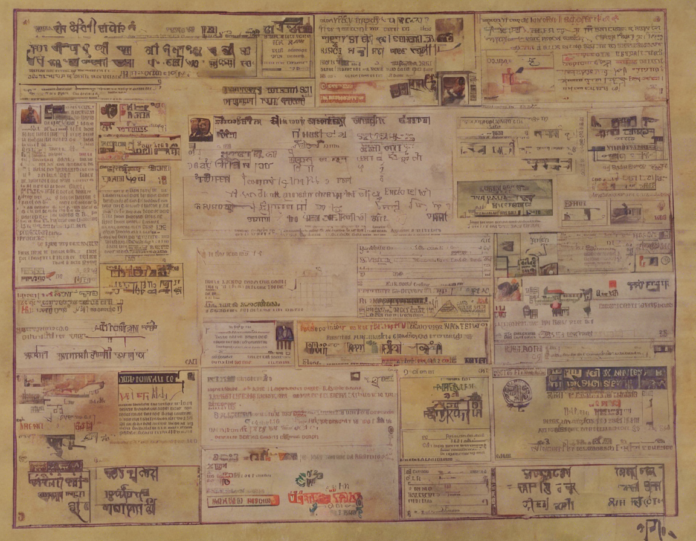Section 144 of the Criminal Procedure Code (CrPC) is a legal provision in India that empowers a district magistrate, a sub-divisional magistrate, or any other executive magistrate specially empowered by the state government to issue orders in urgent cases of nuisance or apprehended danger. This provision is primarily invoked to maintain law and order, prevent violence, and address situations of emergency.
What is Section 144?
Section 144 is a legal provision that grants magistrates the power to issue orders to prohibit the assembly of four or more people in an area, allowing them to take necessary steps to ensure peace and tranquility. This provision essentially restricts the fundamental right to assemble peacefully, as enshrined in the Indian Constitution, for a limited period.
When can Section 144 be imposed?
Section 144 can be imposed when there is an urgent need to maintain public peace and order. This includes situations where there is a likelihood of violence, danger to human life, or public property. It may also be imposed to prevent riots, protests, or any form of unrest that could disturb the normal functioning of society.
How is Section 144 implemented?
When Section 144 is imposed, the magistrate issues an order specifying the area, the period for which it will be in force, and the restrictions that will be placed. This order is then communicated to the public through various means such as announcements, notices, or publication in local newspapers. Violation of the order can lead to legal consequences, including arrest and imprisonment.
Key features of Section 144:
-
Temporary in nature: Section 144 orders are typically issued for a limited period, usually 2-3 days, but can be extended if deemed necessary.
-
Prohibition of assembly: The primary objective of Section 144 is to prevent the gathering of individuals to ensure public peace and order.
-
Applicable in specific areas: The order under Section 144 is valid only within a specified geographical area mentioned in the order.
-
Subject to judicial review: The decisions taken under Section 144 can be challenged in a court of law if individuals believe their fundamental rights have been violated.
Reasons for invoking Section 144:
- Prevention of violence during protests or rallies
- Maintenance of law and order during communal tensions
- Protection of public and private property
- Ensuring safety during natural disasters or pandemics
Frequently Asked Questions (FAQs) about Section 144:
-
Can Section 144 be imposed indefinitely?
No, Section 144 orders are temporary in nature and are typically imposed for a limited period. However, they can be extended if the situation warrants it. -
Can individuals challenge a Section 144 order in court?
Yes, individuals can challenge a Section 144 order in a court of law if they believe that their rights have been infringed upon. -
What happens if someone violates a Section 144 order?
Violation of a Section 144 order can lead to legal consequences, including arrest and imprisonment. -
Can Section 144 be imposed across the entire country?
No, Section 144 is a localized provision and can only be imposed in specific areas where there is a threat to public peace and order. -
Is there a specific process for lifting a Section 144 order?
Yes, the magistrate who imposed the Section 144 order has the authority to lift it once the situation improves and the need for the order no longer exists.
In conclusion, Section 144 is a crucial tool available to authorities to maintain public order and prevent untoward incidents. While it may restrict certain fundamental rights temporarily, it plays a significant role in ensuring the safety and security of the public during times of crisis. It is essential for citizens to understand the implications and provisions of Section 144 to cooperate with authorities and contribute to a peaceful and harmonious society.












